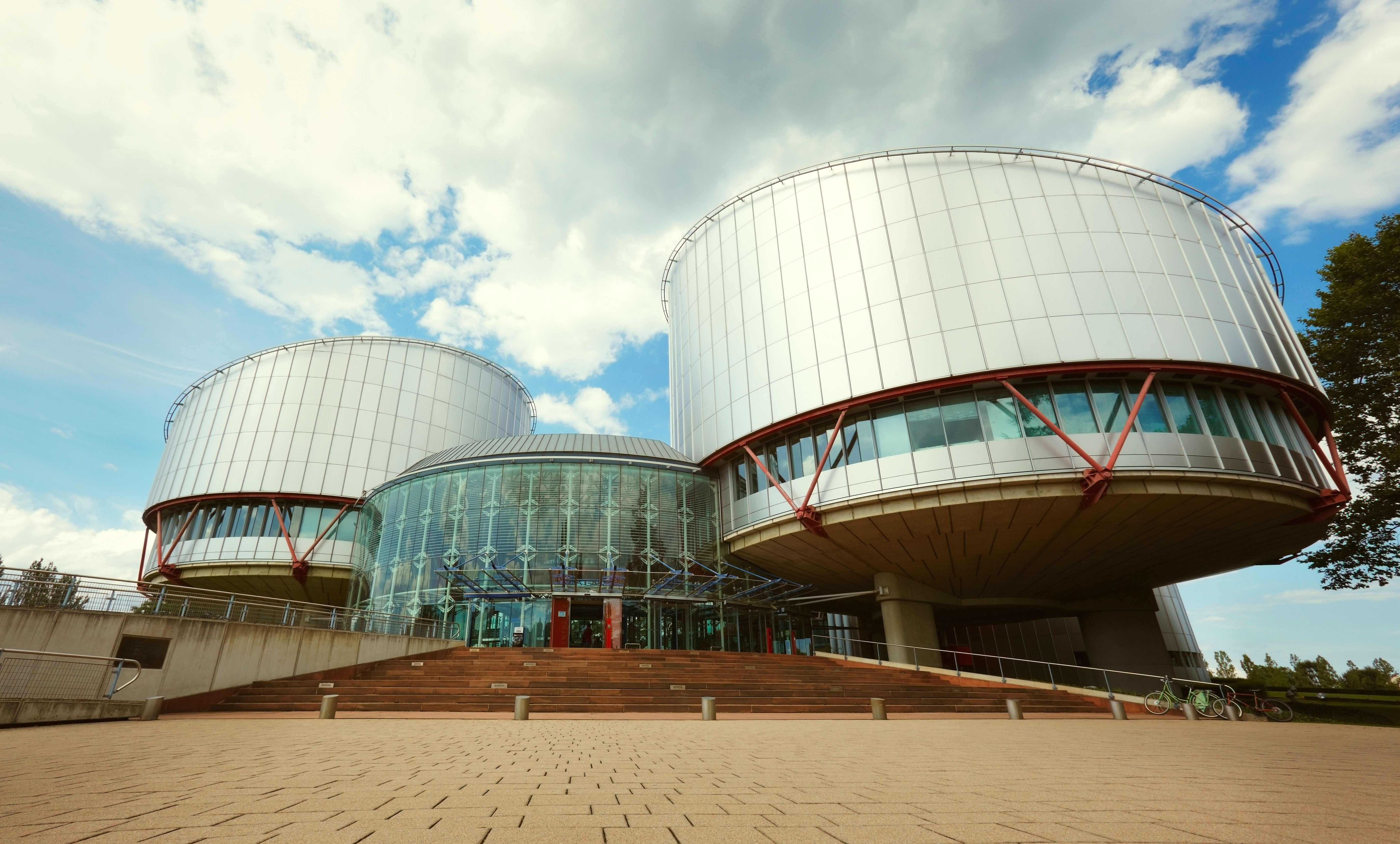British politics is increasingly being consumed by the question of whether to leave another of Europe’s key institutions: the European Convention on Human Rights.
The Conservative party is expected to announce a policy formally backing withdrawal from the ECHR at its annual conference next month.
Nigel Farage has also pledged to quit the convention if Reform UK wins the next election, as seems increasingly likely according to the polls.
It is putting increasing pressure on the Labour government to take a more radical approach to ECHR reform, with growing numbers of Labour MPs and grandees calling for action.
While Sir Keir Starmer continues to stand firm in his staunch support for the convention, his government is undertaking a review of how it is interpreted by British judges as well as supporting reform at a European-wide level.
However, the role of another international treaty — signed in the same year, 1951, as Europe looked to reconstruct the continent torn apart by World War II — also plays an influential and limiting role in Britain’s immigration and asylum laws but has flown largely under the radar as political debate rages over the ECHR.

Nigel Farage, the Reform UK leader
KEVIN DIETSCH/GETTY IMAGES
Persecution over discrimination
The UN Refugee Convention is the “cornerstone” of Britain’s international legal responsibilities to people who have a need for international protection, according to Catherine Briddick, a professor of refugee law at the University of Oxford.
“The definition of a refugee turns on this question of persecution,” she explains. “Persecution is more than discrimination. It is serious harm that your state cannot, or will not, protect you from. It is also harm that is linked to something fundamental about your identity that either you cannot change or that you should not have to, [such as] your race, religion, political opinion, nationality or membership of a particular social group.
“The Refugee Convention protects people who face a threat to their life, liberty or freedom for one of these reasons, because, for example, they are a political dissident, or a member of a racial or religious minority in their country of origin.
• Fraser Nelson: Leaving the ECHR won’t fix the asylum crisis
“If you do not face persecution for a reason like this, and this has been determined by a fair process, then you may be returned.”
The ECHR, she explains, provides individuals with an “additional layer of protection” that goes beyond the Refugee Convention.
It protects a broader group of people and rights, such as family life, through Article 8, which is the source of many asylum appeals and whose interpretation by UK judges will be the subject to law changes later this year after an ongoing review by Yvette Cooper, the home secretary.
But it was the Refugee Convention — and not the ECHR — that ultimately led the UK’s highest court to rule that the Conservative government’s policy to deport migrants to Rwanda was unlawful.
This is because the Supreme Court said that the Rwanda scheme violated the convention’s core principle of non-refoulement, which asserts that a refugee should not be returned to a country where they face serious threats to their life or freedom.
Judges ruled that Rwanda was an unsafe country to deport migrants to because it was not able to process asylum claims properly and therefore not able to identify genuine refugees.
This created the risk that refugees could be returned to the countries from which they have fled, where they could face ill-treatment and therefore breach the core principle of refoulement.
No international mechanism
But it is what happened next that explains the key difference between the Refugee Convention and the ECHR.
The Conservative government passed a new law in parliament that declared Rwanda a “safe country” and thereby cleared the way for the policy to go ahead. This strikes at how the Refugee Convention affects domestic immigration laws.
Unlike the ECHR, which has its own independent court to arbitrate on claims of breaches in the form of the European Court of Human Rights in Strasbourg, the Refugee Convention has no international mechanism to settle claims that it has been breached.
Instead, it is interpreted through legislation that has been passed by the British parliament and that enables the government of the time to change that interpretation.
That happened with the Safety of Rwanda Act 2024, which is now in the process of being repealed by the Labour government through the Border Security, Asylum and Immigration bill.
That makes the Refugee Convention less of a block to the UK government’s immigration laws than the ECHR.
Withdrawal from the ECHR would leave individuals with no international mechanism for defending the rights as set out in the Refugee Convention.

The European Court of Human Rights in Strasbourg
ALAMY
Briddick said: “The difference, and the potential problem, would be this lack of a mechanism for an individual to rely on. So the substance of the UK’s legal obligations to refugees would not change, but the mechanisms that an individual could resort to, if they said, ‘Yes, I am at risk of torture’, or, ‘Yes, I need protection from persecution’, would alter. So that’s the significant change.”
Farage acknowledged the threat of the Refugee Convention when announcing Reform’s policy for mass deportations and has consequently pledged to “disapply” the convention along with a host of other international treaties that also constrain national governments’ ability to deploy blanket removals.
However, this would be far more complex than the Reform policy suggests, given how the convention’s interpretation has been embedded in domestic legislation, according to Sonia Lenegan, a leading immigration lawyer.
This is because the Nationality and Borders Act 2022 set out the UK parliament’s interpretation of large swathes of the convention into primary legislation.
The intention was to make it crystal clear in UK law the circumstances under which an individual does and does not qualify for protection under the Refugee Convention.
The intention of the Conservative government was to ensure that nobody entering the UK unlawfully after travelling through safe countries such as France could claim protection under the Refugee Convention.
Lenegan says this legislation made it more difficult for Channel migrants to use the Refugee Convention in the British courts to appeal against a rejected asylum claim and subsequent deportation.
She says: “It makes it more difficult just because it is in primary legislation and that is what the courts would be applying rather than arguing about the Refugee Convention itself because we have our own laws interpreting the convention that are directly enforcing it.”
Red tape to blame?
Fundamentally, however, what stops the UK from deporting migrants is not the ECHR nor the Refugee Convention, according to Briddick.
“A significant proportion of refugee and protection claims are successful. In these cases, people who are at risk of torture or other serious rights abuses are able to rebuild their lives in and contribute to the UK,” she said.
“If, however, someone makes an application and they’re not found to have a human rights claim or international protection need, they can be returned.
“There are two reasons why this may not happen. First, because we don’t have the necessary agreements in place with states, particularly following Brexit. Second, because of administrative issues in the UK, delays in deciding applications, and delays in resolving appeals.
“None of that is down to the Refugee Convention. All of that is the kind of bureaucratic and administrative matter that states can and do differently and better.”
